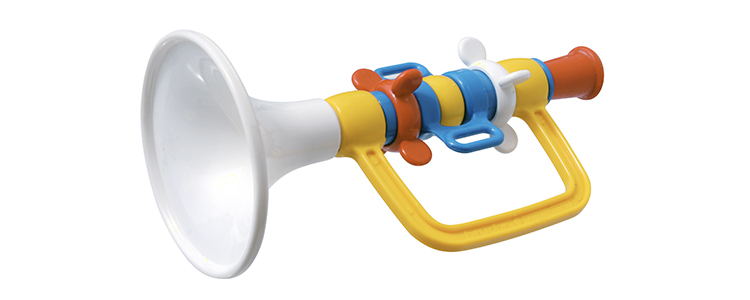



As social and digital media have increasingly become part of our lives, we know that children are frequently bombarded with imagery and criticism about weight, physical appearance, and ‘ideal’ body types. When it comes to conversations about body image, much of the dialogue and public campaigning has focused on empowering our young girls to practice self-acceptance, healthy and happy living, and body positivity (think of the immensely popular Dove advertisements). And it is undoubtedly important for our daughters to hear and see empowering and celebratory messages about self-love and body diversity. At the same time, young boys are also exposed to similarly negative messages and standards about their own bodies - with much content criticizing boys for being too small or too big, as well content that fosters unhealthy and hyper-critical perspectives about the bodies of girls and women in their lives.

Because I wrote a book about my struggles with postpartum depression after the birth of my first daughter, some people assume that my mental health issues are over. After all, I took medication for eight months, went through talk therapy, and completed my treatment with a healthier mindset and an improved outlook on motherhood - and then I achieved even further closure by publishing my story as a graphic memoir.

Ask a new mom about her actions after giving birth, and you’ll hear a range of behaviors that would probably sound odd to most non-moms: Watching the baby’s breathing, checking the baby monitor dozens of times, keeping an eye on the front door for potential intruders. To new moms, these actions are likely all too familiar. The anxiety that comes with motherhood is something many new moms feel but rarely discuss. And perinatal anxiety - that is, anxiety during pregnancy and the postpartum period - has received limited attention from researchers and health professionals, according to a 2017 review article in The British Journal of Psychiatry, despite the fact that it is highly prevalent. We are, after all, suddenly responsible for tiny, helpless, precious humans. Who wouldn’t be anxious? This can all lead a mom to wonder, How much anxiety is too much?

Did you know that it’s common to feel a range of different emotions after your baby is born? You may: feel sad; cry and not know why; be impatient and irritable, sometimes for no clear reason; feel restless and anxious; have difficulties concentrating; feel sensitive; feel tired and/or have trouble sleeping, and have mood swings (e.g., joy to sadness, laughing to crying).If you feel like this, you’re not alone. Many new moms experience these feelings and they’re sometimes called the baby blues. If you don’t feel better with rest, sleep or support from others, or if these feelings last more than two weeks, you may be experiencing postpartum depression.
Calgary’s Child Magazine © 2024 Calgary’s Child